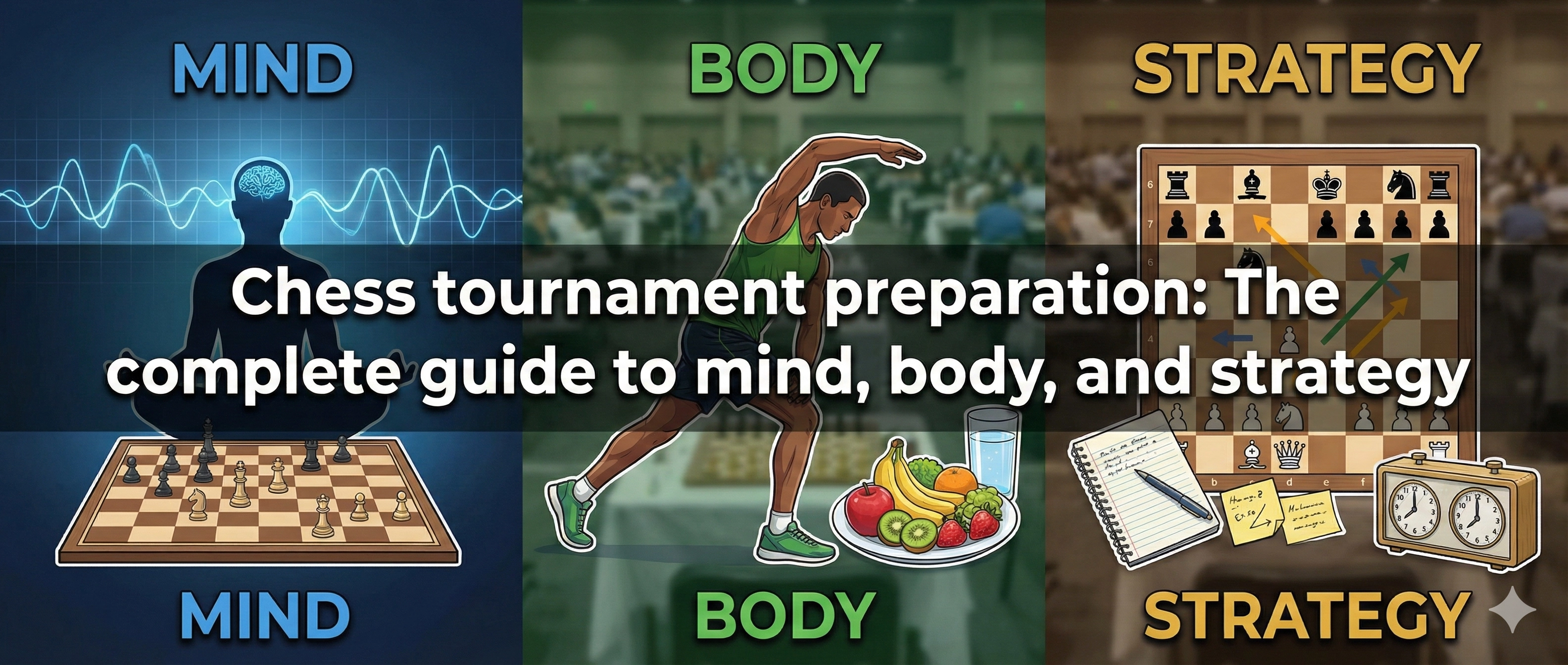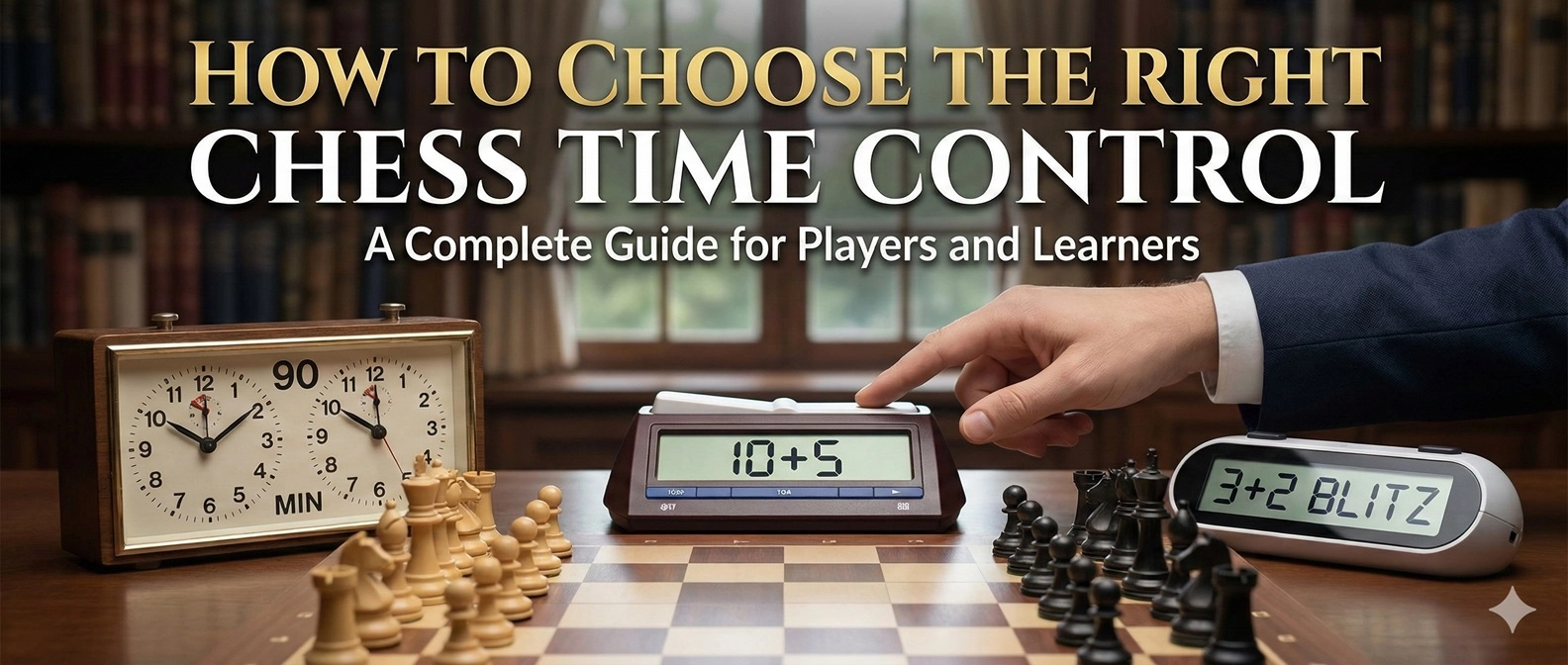Want to checkmate in 4 moves? I can help you. Winning chess in 4 moves or less is almost impossible unless somebody is playing the worst chess openings.
However, if you play at club tournaments or with amateurs, there is a chance to win chess in 3 or 4 moves.
Honestly, you can also win chess in 2 moves, but for that, your opponent needs to have a really bad day. Curious? If yes, let's check out the openings that can help you mate in 3 or 4 moves.
Three Strategies to Win Chess
A chess game often hinges on the opening moves. Playing a well-studied opening sets the stage for a strong middlegame, while random moves can leave your strategy in disarray. Success in chess starts from the very first moves.

1. The opening strategies that result in checkmates are
Fool's Mate
3-Moves Mate
Scholar's Mate
Fool's Mate

Fool's mate is a way of the Black player mating the White player. This is the only way to checkmate in two moves. If you look at this, you will realize that it's impossible to pull off unless your opponent is indeed a fool.

2. Why is it a Fool's Mate?
In chess, f2 and f7 are the most vulnerable squares during the opening because these squares are the gateway to the kings.
So, if a player doesn't know the importance of the f square and begins the game with 1. f3, then it's a foolish move.
3. History Francis Beales
The English chess writer, translated Gioacchino Greco's manuscript into English.
The name of the translated text is Royall Game of Chesse Play, written in 1656. Take a look at the cover of this century-old chess book.

Credits: Archive.org
How to Play
The moves to play Fool's Mate are 1.f3 e5 2.g4 Qh4# White will begin the game with 1. f3. If white plays f4/g4 instead of f3, it can still result in Fool's Mate.
Next, Black will respond with e5 if they want to win the game in two moves.

Now, White plays g4. Black seizes the opportunity of an empty f-square and straightway checks the White king from h4.

This is how you can win a game in only two moves.

4. Three-Moves Mate
This move is the Fool's Mate but for White. In simpler words, the moves of Fool's Mate are modified for White to win chess games in fewer moves. The primary tactic remains the same–risking the f-square and g-square.

How to Play
The moves to achieve this mate are 1. e4 g5 2. d4 f6?? 3. Qh5# White begins by playing king's pawn 1. e4 and Black by playing g-pawn.

Next, White plays the Queen's pawn 2. d4, to which Black makes the mistake of playing the f-pawn to f6.

That's it! White grabs the opportunity and plays Queen at h5, and the Black king is under check.


This is how you can play White to win chess in three moves.

Scholar's Mate
The Scholar’s Mate is a quick checkmating strategy that can occur in just four moves at the very start of the game. If Black isn’t careful in the opening and weakens its defenses, White can use this tactic to deliver a swift checkmate.
Because of its speed, this pattern is often referred to as the “four-move checkmate.” While experienced players rarely fall for it, the Scholar’s Mate remains a fun and instructive example of how powerful early piece coordination can be.
History Like Fool's mate, Scholar's mate was also mentioned in Francis Beales' Royall Game of Chesse Play.
How to Play
The moves to achieve this mate are 1. e4 e5 2. Qh5 Nc6 3. Bc4 Nf6?? 4. Qxf7# White begins by playing king's pawn 1. e4, and Black replies back in a similar manner–1. e5

Next, White plays the Queen to h5, aiming for the f7-square, and Black plays 2…Nc6 to threaten the Queen.


Now, White plays a bishop threatening the f7-square from another direction. In this case, Black mostly plays 3…Nf6 threatens the bishop and ends up getting trapped.

The White Queen captures the f7-pawn, and it's a CHECK. The Black king has no way to escape the threat. So, this is how the game is over in only 4 moves.

How to Avoid Scholar's
Mate/Fool's Mate? You might have already noticed that both Scholar's mate and Fool's mate are possible only by threatening the crucial f squares–f7 and f2.
And in both cases, the queens travel to h4/h5 to deliver the checkmate. Therefore, the only way to defend against Scholar's Mate and Fool's mate is to protect the f squares.
Play Against Scholar's
Mate Play the g-pawn to g6 and block the White Queen's access to f7-square.

By doing this, you're not only saving yourself from Scholar's mate but also threatening the enemy queen. As a result, you are gaining a tempo in the game.

Also, the bishop can go to g7 and create a strong defense on the kingside.
Play Against Fool's
Mate To avoid Fool's mate, play the g-pawn to g3 and block the Black Queen's access to f2-square.



Conclusion
Dear readers, if you're new to chess, I suggest learning everything about Fool's mate and Scholar's mate. If you find the right opponent to pull this off, please do. However, I don't recommend using them. Instead, try to recognize the moves beforehand to save yourself from checkmate.
In general, I don't recommend trying out these mates in tournaments/competitions because if you fail to implement it successfully, your Queen will be in trouble for no good reason at all.

So, think smartly before playing your opening moves. With this, I bid you farewell. See you in the next blog!
FAQs
1. Why is it called Fool's mate?
It's called Fool's mate because the White player has to be a fool/newbie who knows almost nothing about chess to pull this off. Protecting the f2 square is very crucial to ensure the White king's safety.
So, it will take a player who knows nothing about defenses in chess to weaken the king's safety in the opening of the game. Therefore, it's called a Fool's mate.
2. Why is it called a Scholar's mate?
Earlier, Scholar's mate was known as Shepherd's mate or School boy's mate because it's easy and only possible in beginners' games. Later on, over the course of time, the word "schoolboy" became "scholar," which also meant a student.
3. What is the fastest checkmate in chess?
Fool's mate is the fastest checkmate in chess.






Comments